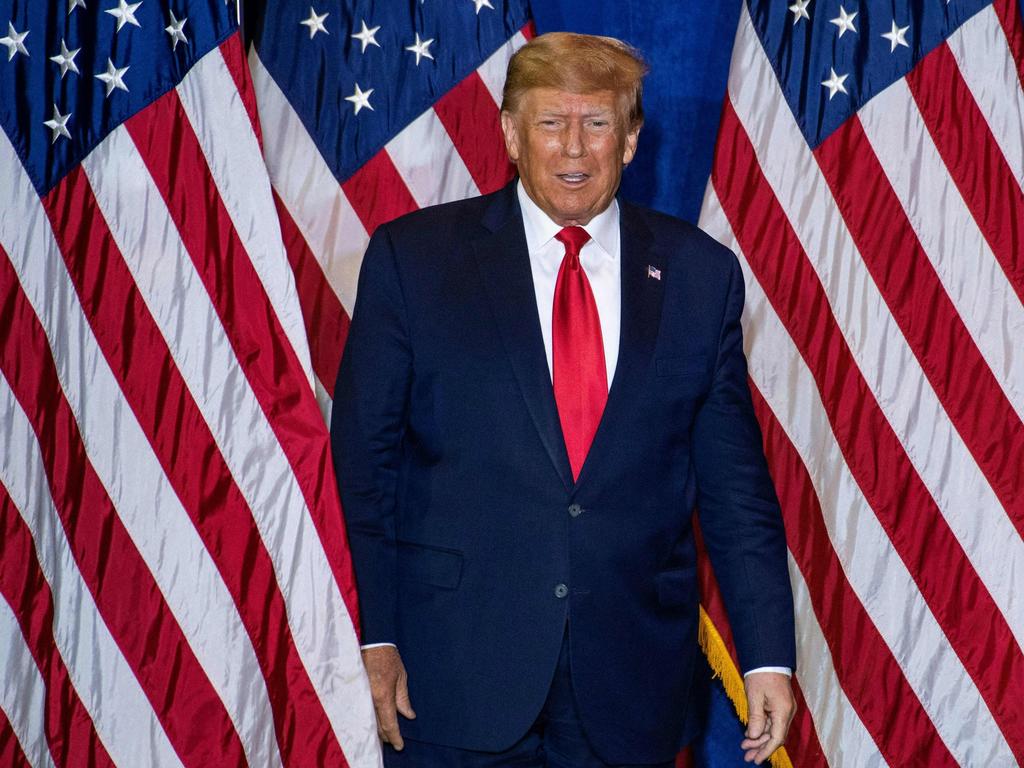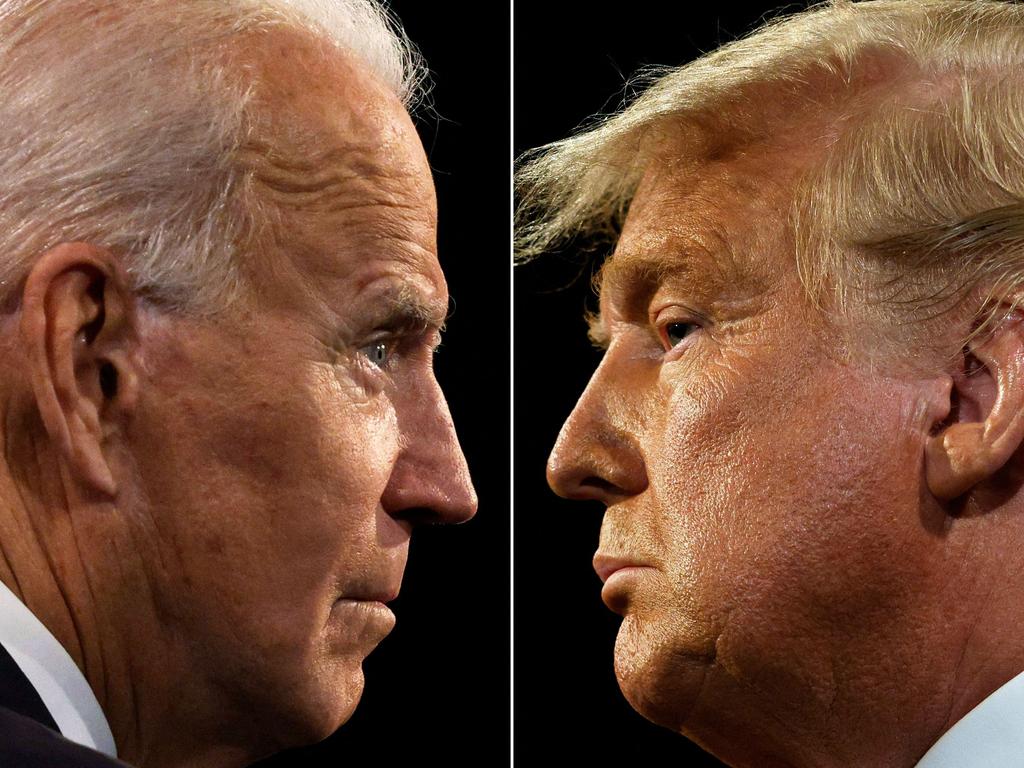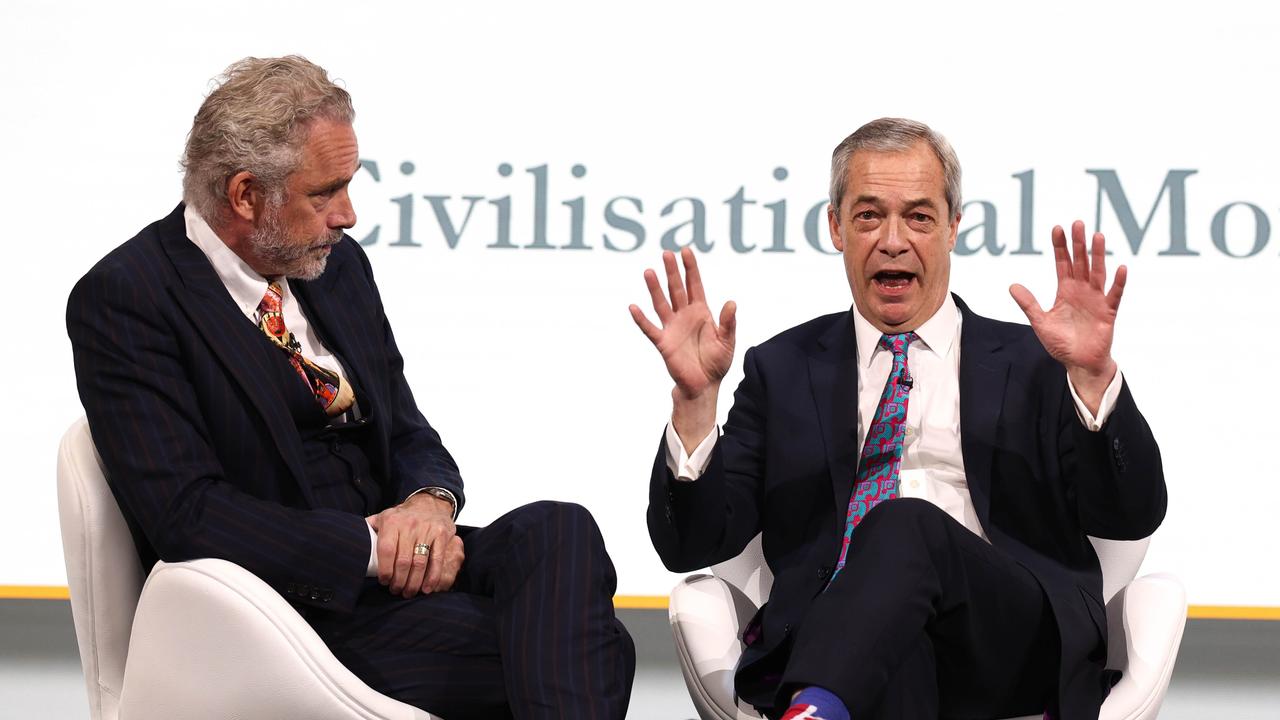Joe Biden’s White House challenger bets on magic of Kennedy name
A White House bid by a scion of the Democrat dynasty could tip scales in the Republicans’ favour.
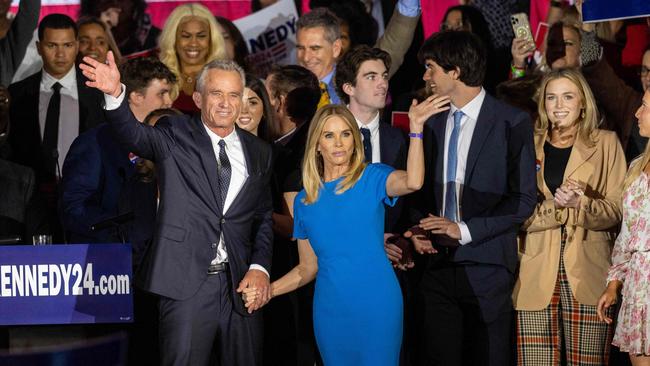
Joe Biden’s confirmation this week, after months of teasing, that he will run for president next year brings not only a rematch between the President and his rival, Donald Trump, closer to fruition but ensures a fascinating battle between the old and new incarnations of the Democratic Party.
The long-shot bid for the White House by Robert F. Kennedy Jr, the fourth Kennedy to do so, is the first interesting thing to happen in the 2024 US presidential race, creating at least the potential for a repeat of his uncle Ted Kennedy’s unsuccessful attempt to topple Jimmy Carter in 1980 that contributed to a Ronald Reagan landslide.
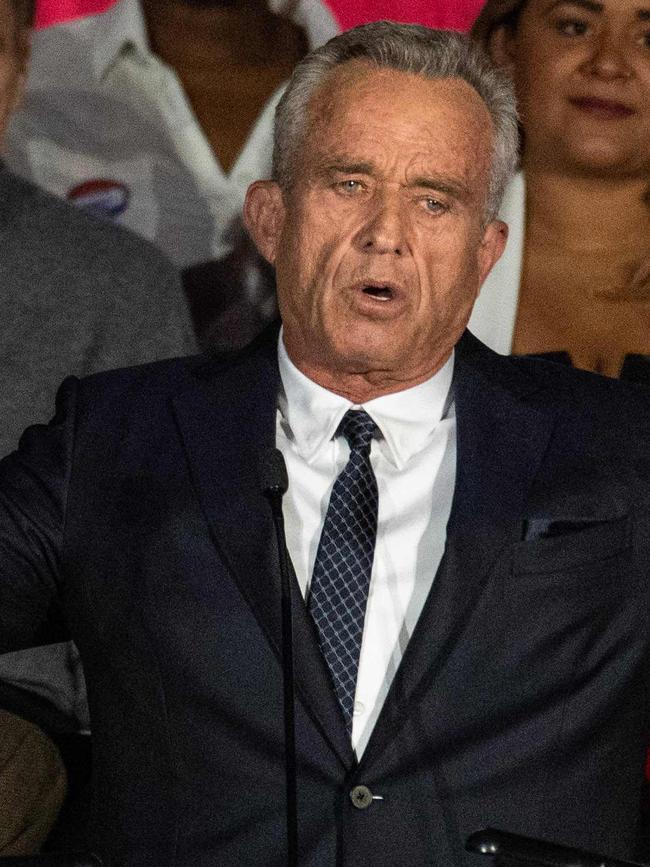
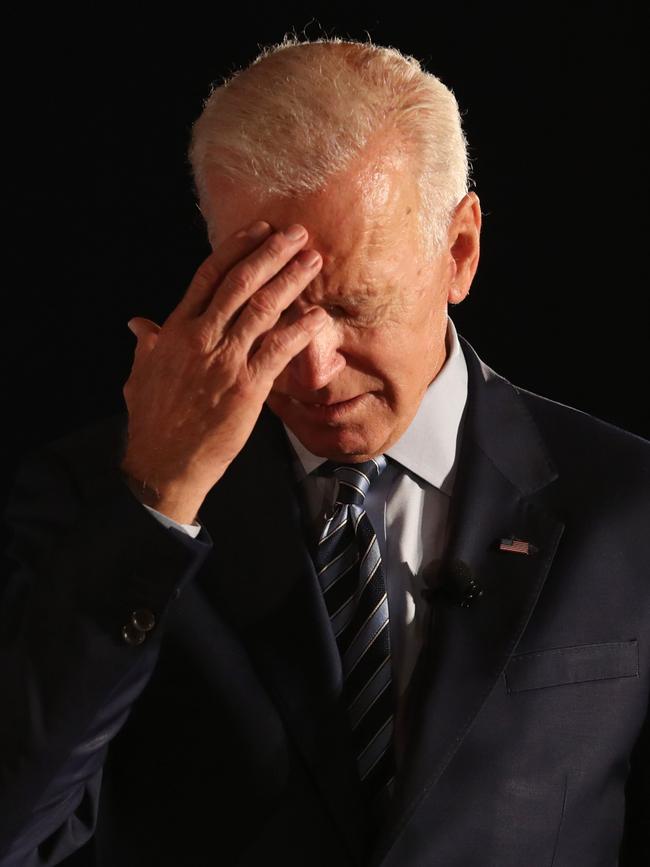
Kennedy is an outsider with the ultimate insider name and his campaign launch last week in Boston underscored the weakness of Biden’s presidency, creating a challenger who in many respects embodies the Democratic Party of the 1960s.
The contrast between the seasoned, tanned master falconer Kennedy, remarkably eloquent and fit for 69, with the ageing Biden, who falls upstairs and couldn’t spell the word eight last week, may resonate with a sizeable portion of Americans, especially independent voters sick of the embarrassing, highly divisive tedium of Biden and Trump.
“I was 15 when his father (Bobby) was killed and this is the first time I’ve been really interested in politics,” retired teacher Tricia Santi, who’d travelled from Maine, told Inquirer at Kennedy’s campaign launch at the Boston Park Plaza Hotel.
“I’m a fan of intelligence and integrity, and Biden is neither. The left has gone amok but Kennedy has not. His message is an older message.”
His glamorous wife, Cheryl Hines, who starred in US sitcom Curb Your Enthusiasm, and his tribe of handsome offspring in the audience added a modern-day touch of Camelot once provided by his aunt Jacqueline and the broader Kennedy clan, whose genetic gifts have been inverse in proportion to their luck in life.
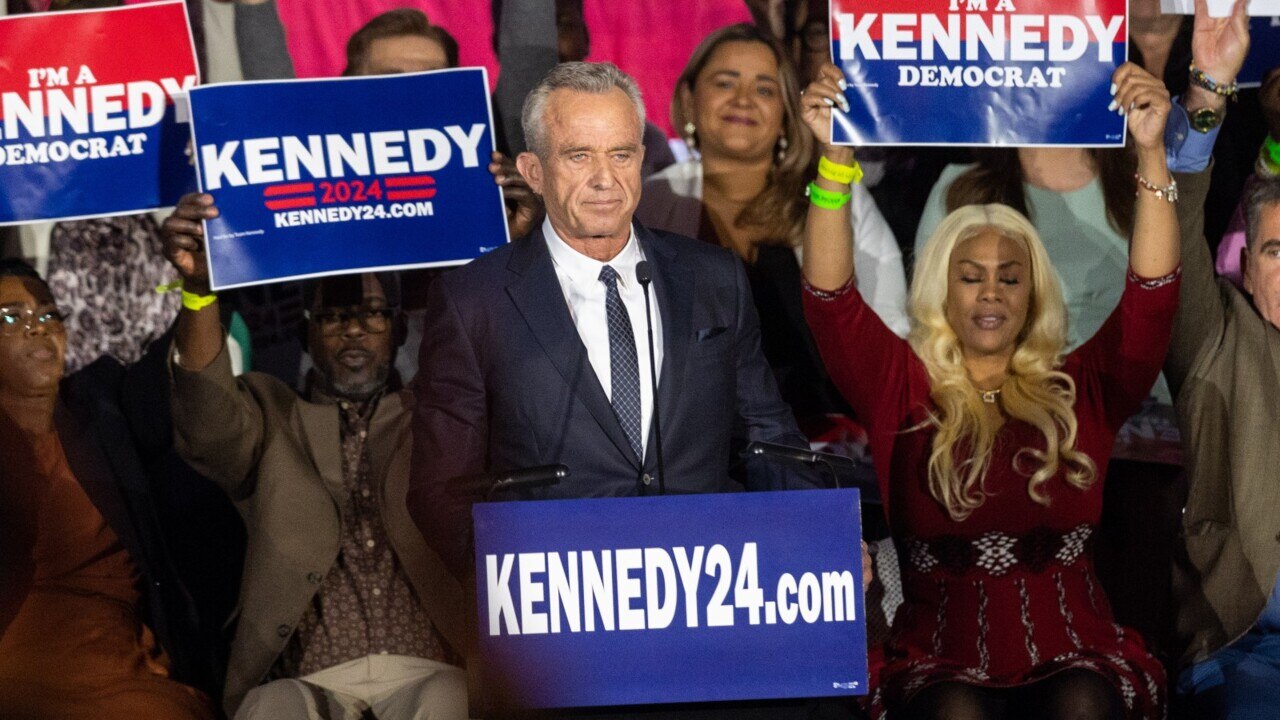
Kennedy is a lawyer and environmental activist who has devoted his adult career to fighting pollution, corporate power and, most controversially, promoting scepticism of vaccines, arguing in a debunked 2005 essay in Rolling Stone magazine that the explosion in autism from 1989 was linked to mercury in certain vaccines.
“This is what happens when you censor somebody for 18 years,” Kennedy joked in his launch speech, referring to being booted off social media platforms during the pandemic and the relentless derision by the establishment over his anti-vaccination stance.
Apart from his views on vaccines, which have alienated the bulk of his family, including his cousin Caroline Kennedy, the US ambassador to Australia, Robert Kennedy appears to be an old-fashioned liberal in the American sense: pro-abortion, anti-wealth inequality, pro-freedom of speech and vehemently anti-war.
His speech pitted the values of the Democrats of his father and uncle’s era against the modern party, which is more amenable to government censorship to stamp out “misinformation”. “We put freedom of expression in the first amendment because all the other rights depend on that,” he said in Boston, dwelling on the first amendment repeatedly in a way that would turn off a Democratic Party that recently tried to create a disinformation governance board.
In remarks that ranged across the American Revolution, the civil war, the Cuban missile crisis, the 1960s civil rights movement and pandemics in the late 18th century, he said: “My mission will be to end the corrupt merger of state and corporate power that is threatening now to impose a new kind of corporate feudalism on our country.”
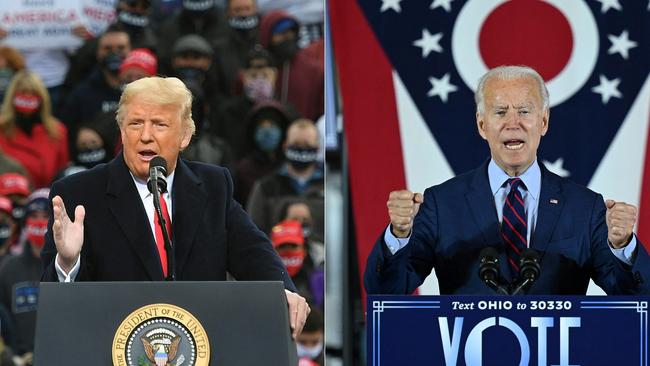
Veteran politician Biden, by contrast, is the representative of the modern Democratic Party, barely recognisable from the party that Kennedy’s uncle, the assassinated president John F. Kennedy, once led. It obsesses about transgender rights and the supposed fascism of Trump’s supporters.
Biden, 80, launched his campaign with a three-minute video in which he repeated the line “getting the job done” – a vacuous slogan that appears to suit the modern Democratic Party, largely bereft of any unifying idea and increasingly sceptical of the US constitution.
Julianne McKenny, 68, a retiree from Boston, was typical of the audience at the Boston Park Plaza hotel, alienated by the Democratic Party’s authoritarian tendencies during Covid-19 and uncomfortable with the party’s new-found direction that revolves around LGBTQIA+ rights.
“I used to be a diehard liberal, thinking I was right about everything like climate change, and now through Covid I kind of woke up and could see so much of what has been happening has been manipulated, with so much social engineering going on,” she told Inquirer.
Ivona Santos, a middle-aged real estate agent who migrated to the US from Poland in her youth, said she hadn’t voted Democrat since Barack Obama ran for office.
“I have to tell you I have been very disappointed with the party, and for past few years I didn’t consider myself Democrat any more,” she told Inquirer.
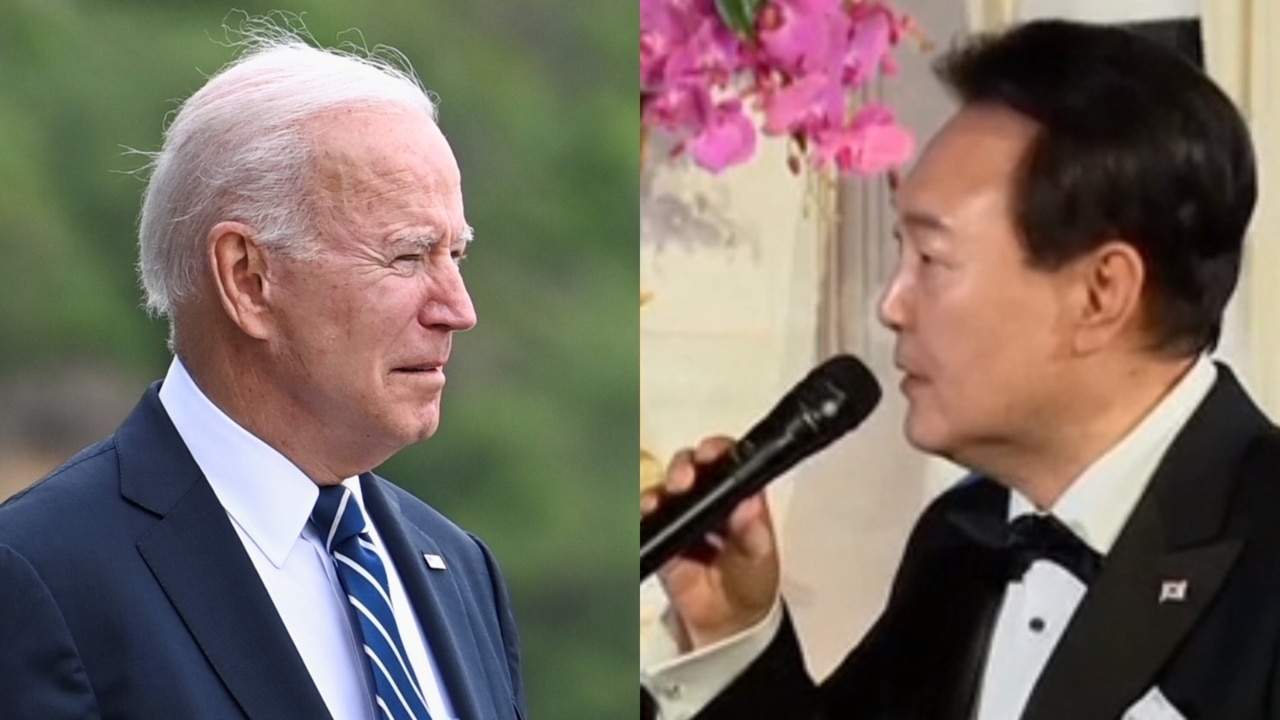
Kennedy has little hope of success. The mainstream press largely loathes him, given his opposition to the pharmaceutical industry – among the biggest advertisers on US mainstream media – the military-industrial complex and his advocacy for untrammelled free speech. He believes the CIA was involved in the assassinations of his uncle John and his father, highly controversial views that cement his stature as a conspiracy theorist in the conventional wisdom.
“When I was a little boy, nobody in this country would dream our government would ever lie to the American people but the government now lies to us and we all know it,” he said, stressing his candidacy would be about increasing transparency in government in an age where the national security state has expanded dramatically.
Kennedy is seemingly too principled for a modern politician. He is against the war in Ukraine, even though his son is serving there voluntarily. “We can’t be telling one side that they’re Nazis and the other side that they love Putin (but) … it is not in America’s national interest to push Russia closer to China. That is cataclysmic. Number two, it’s not in our national interest to do something that could involve us in a nuclear exchange,” he said. He’s against the “deep state”, even though his daughter-in-law is a CIA official. And he singled out every major US government health agency and the Wall Street banks for censure. The forces arrayed against him appear insurmountable.
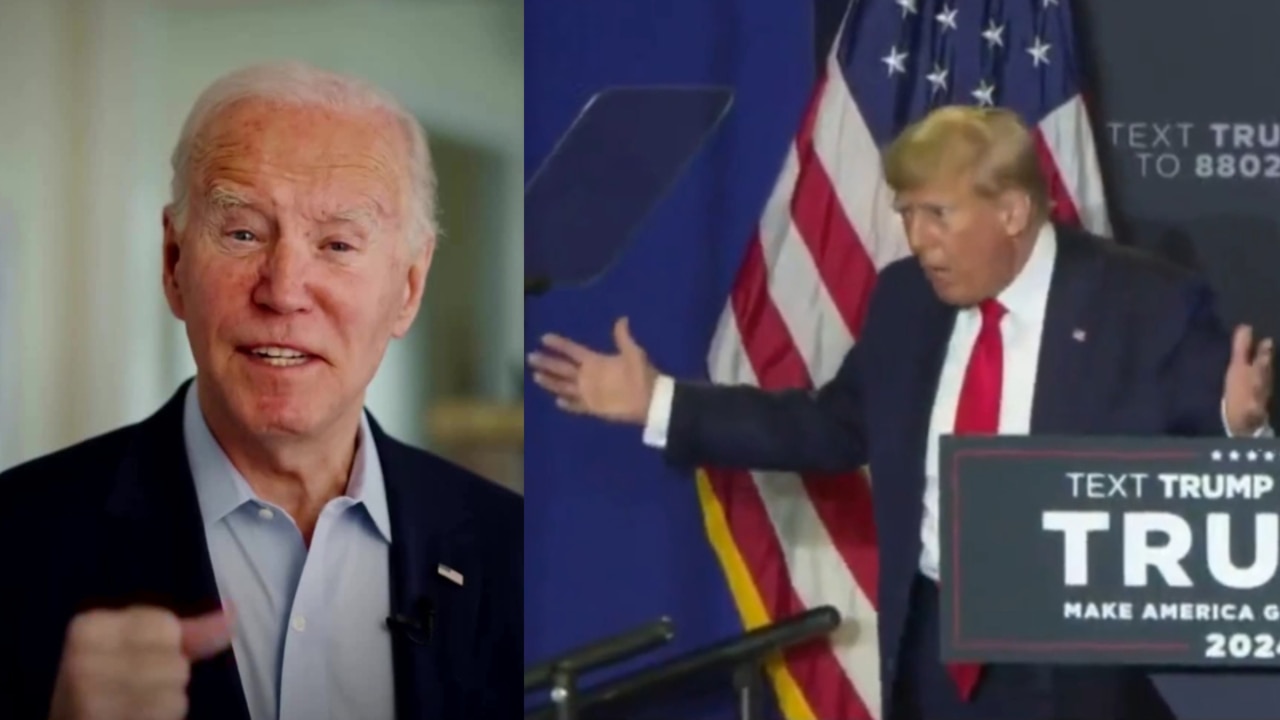
By contrast, the mainstream media, obsessed with Kennedy’s personal views on vaccines, cares little for Biden’s repeated falsehoods. At his first public campaign address on Wednesday (Thursday AEST), the President said he was born in the same hospital his grandfather died in two weeks earlier. Yet his grandfather, on the record, died a year earlier.
Last year Biden said he was arrested for black activism during the civil rights movement in the 1960s, which even left-leaning fact-checking outfits have declared a lie. What is true, however, is that Biden delivered a eulogy in 2010 for former West Virginia Democrat congressman Robert Byrd, a former Ku Klux Klan member.
Biden, when he was lucid and making a first shot for the Democratic nomination for president in 1987, plagiarised a speech made by British Labour leader Neil Kinnock earlier that year.
Kennedy has one big thing in his favour apart from his impressive oratorical skills and a decrepit incumbent – the most famous name in US politics. The Kennedy rebel enjoys 14 per cent support among Biden voters, according to a USA Today-Suffolk University Poll released soon after his launch last week, up from 10 per cent according to Morning Consult poll that was released a week earlier.
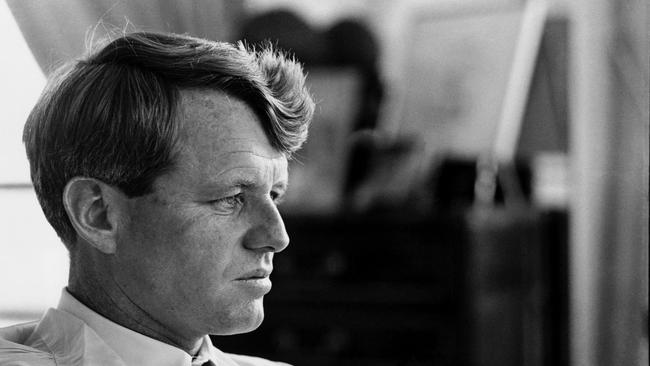
“The Kennedy name, especially Bobby, is kind of synonymous with hippie progressive values, youth culture, I’m son of a dad who loves rock ’n’ roll,” Will, 34, an academic who wouldn’t give his surname for fear of retribution among colleagues, told Inquirer. “Information is slowing creeping out that the vaccines weren’t exactly as they were described,” he added, dismissing the likely political weak point in the Kennedy campaign.
The anti-vaxxer label heading almost every news article about Kennedy since his campaign launch may prove less potent in 2023 America than it would have in 2020, given widespread opposition to Biden’s Covid-19 vaccine mandate, struck down in the US Supreme Court, and increased reports of vaccine injuries.
“The mainstream media will go after him on the vaccine stuff, but for ordinary voters it’s not going to matter, they won’t care if someone says vaccines should be voluntary,” Father Jeff Langan, a chaplain at Harvard University and former political scientist, told Inquirer at the event.
A series of US polls by Rasmussen in January found almost 60 per cent of Americans wanted Congress to investigate the safety of Covid-19 vaccines, and 7 per cent, or around 12 million people, said they had experienced a “major side effect”. Demand for Covid-19 boosters has collapsed, despite official recommendation that everyone six months old and up be boosted.
The other factor in Kennedy’s favour is the support of large numbers of Republicans who enthusiastically embrace his free speech agenda, even if they don’t like much his obsession with pollution and support for abortion rights.
Many big states, including Georgia, Texas, Illinois and Ohio, have open primaries, meaning anyone can vote. Luke Twombly, 29, a media analyst and Republican Party member from Texas, told Inquirer he and his friends would be voting for Kennedy in the Democratic primary.
“He is the first sane Democrat I have seen in my lifetime,” Twombly said. “He was right about the Covid regime’s attack on civil rights and he is the only one speaking about the health crisis in this country which is due to seed oils, preservatives and other food additives that are causing obesity and poisoning our population.”
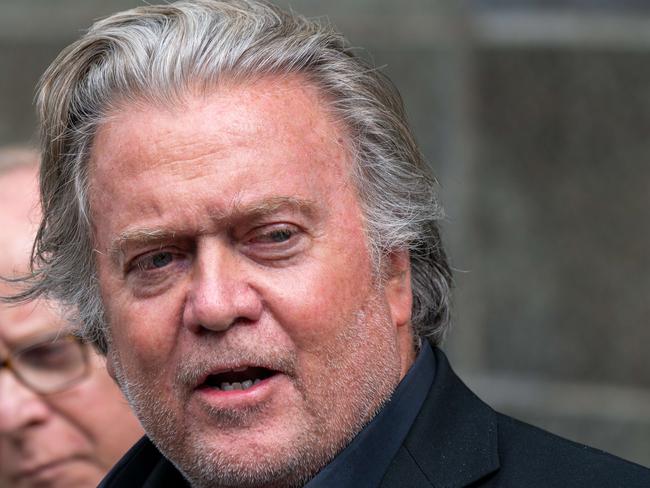
Understandably, Kennedy is casting himself as the underdog, just like his father, who in 1968 challenged an unpopular Democrat president, Lyndon Johnson, whose standing had been eroded by the war in Vietnam.
“My father had no chance of winning,” Kennedy said. “All the unions were against him, except the auto workers; the liberal press was 100 per cent against him; the big city mayors were against him; and his closest friends were working for Johnson’s White House.”
His father was assassinated in Los Angeles in 1968, just after he won the California Democratic primary against the odds.
Trump was written off in 2015 by elite commentators, yet he ultimately prevailed. It’s too early to say how Kennedy will fare, but he couldn’t have asked for more auspicious times given growing concern about the diminution of human rights in the face of an extraordinary combination of state and corporate power.
This week Republican svengali Steve Bannon, once close to Trump, declared Kennedy would be an “excellent choice” as the former president’s vice-presidential running mate.
One thing is certain: the mainstream Democratic Party will work hard to ensure Kennedy doesn’t appear alongside Biden who, as Paul Keating remarked recently, can “barely string three sentences together”.


